Building legitimacy under bombs: syrian local revolutionary governance’s quest for trust and peace
Department/Institute
Universitat Rovira i Virgili. Departament d'Història i Història de l'Art
Abstract
Although, Local Governance Entities in opposition-controlled areas in Syria introduce themselves as governmental bodies, their role and agency go beyond the traditional definition of local governance which limits them to resource mobilization, program implementation and service provision. They are part of a conflict society which includes a diversity of different organizations and groups, including, economic actors, private citizens, educators, activists, faith-based groups, foundations, legal organizations, advocacy groups, civil society organizations and the media, and also armed actors. By scrutinizing the current dynamics and different types of local and provincial governance and administration entities and initiatives existing in Syria (since the beginning of the revolution in 2011 till the date of writing this thesis 2017), and their relations with internal and external actors, as well as with major influential armed groups, I tend to measure the impact of these entities on local communities, and examine the hypothesis that the revolutionary capital that they possess asserts their position in the transitional period in Syria, and in the efforts for building sustainable peace in the country. In fact, I argue that a representative and legitimate system built with a bottom-up approach based on elections, with embedded freedom of expression, association and social inclusion would solidify peace or local truces, and may, if applied on a larger scale, lead to national peace. Further, I wonder if the involvement of local governance entities in peace negotiations and the transitional period that follows would reflect the triumph of the Syrian revolution and what it stands for in terms of putting an end to years of authoritarian regime and establishing a democracy that is well adapted to the particularities and the characteristics of the Syrian people. I also question if these LCs, in their current status, could serve as an example of a revolutionary democracy that could pave the way to a social democratic government.
Keywords
Guerra i Pau
Subjects
94 - General history
Rights
ADVERTIMENT. Tots els drets reservats. L'accés als continguts d'aquesta tesi doctoral i la seva utilització ha de respectar els drets de la persona autora. Pot ser utilitzada per a consulta o estudi personal, així com en activitats o materials d'investigació i docència en els termes establerts a l'art. 32 del Text Refós de la Llei de Propietat Intel·lectual (RDL 1/1996). Per altres utilitzacions es requereix l'autorització prèvia i expressa de la persona autora. En qualsevol cas, en la utilització dels seus continguts caldrà indicar de forma clara el nom i cognoms de la persona autora i el títol de la tesi doctoral. No s'autoritza la seva reproducció o altres formes d'explotació efectuades amb finalitats de lucre ni la seva comunicació pública des d'un lloc aliè al servei TDX. Tampoc s'autoritza la presentació del seu contingut en una finestra o marc aliè a TDX (framing). Aquesta reserva de drets afecta tant als continguts de la tesi com als seus resums i índexs.
